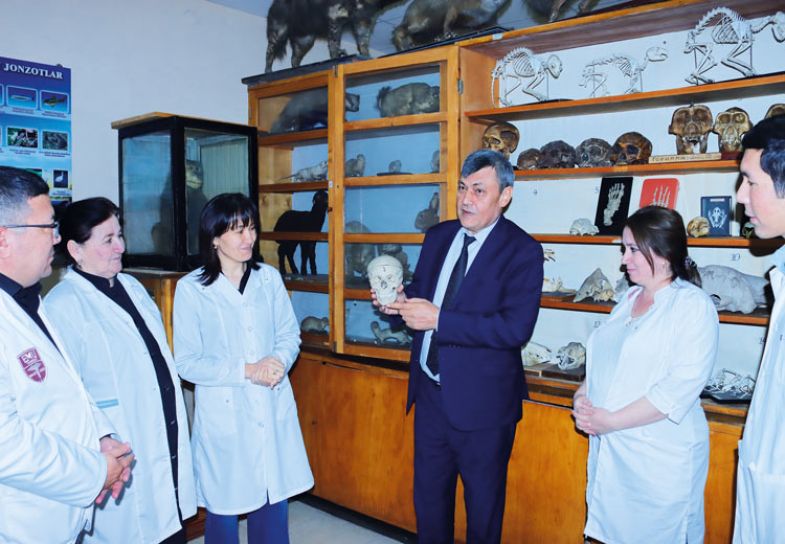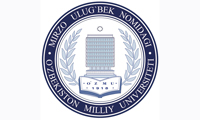
Innovative approaches to teaching methods, inclusive internal policies and student engagement are key elements of the social impact strategy at the National University of Uzbekistan
The National University of Uzbekistan (NUU) places an emphasis on being a leading institution for social impact in Uzbekistan. Raima Shirinova, vice-rector for international relations, highlights that the university rapidly implements all national improvement initiatives proposed by the government, promotes innovative approaches to research and learning, and integrates European teaching concepts into its educational standards. This commitment is reflected in NUU’s policies and its international network of partners, Shirinova says.
Shirinova stresses that NUU aims to support its students so they can fully immerse themselves in the learning process. This is achieved through regular meetings with tutors, outreach events and monitoring student participation. NUU was also the first university in Uzbekistan to create a faculty of social work, with support from the Columbia University’s School of Social Work.
In 2018, prospective students with group I and II disabilities, as defined by the Uzbek government, exercised their right to higher education. Shirinova describes this as a significant step forward in developing inclusive higher education in Uzbekistan, a priority that is reflected in the university’s commitment to creating an accessible campus. Five per cent of lecturers at NUU have disabilities and are supported by full-time teaching assistants, and though the campus is composed of many old buildings, most have been adapted to ensure they are accessible.
NUU is a member of the UN’s Organization for Women in Science for the Developing World, which provides research training, career development and networking opportunities for women scientists at different stages of their academic careers. The university also has a Women’s Committee, which is a unit for resolving women-specific issues, including financial matters. The committee holds regular meetings, cultural and educational events, and round tables with governmental organisations.
Each faculty collects data on its social impact, and the results are monitored by the academic council and the supervisory board of NUU. Shirinova highlights that this data is not only an indicator of the involvement of students, lecturers and administrative staff from different segments of society but also a demonstration of how NUU contributes to life in Uzbekistan.
NUU is developing a comprehensive strategy to embed the UN Sustainable Development Goals into the university’s activities, especially those that are aimed at conducting research creating social impact. To achieve this goal, the university will support lecturers to conduct research in these areas. This involves engaging early-career lecturers in educational activities for students and organising interinstitutional partnerships to enhance the involvement of young people in social development.
Find out more about the National University of Uzbekistan.

